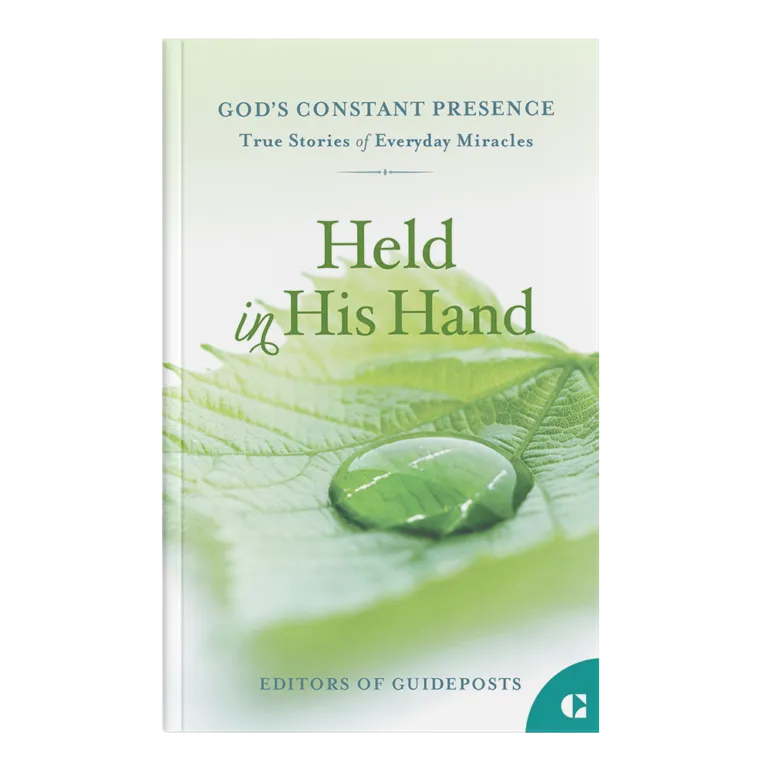It feels so good.
If you’ve ever worked hard on a hot day in the garden—or under a car—you know how good it feels after such a grimy task to step under the shower spout and feel the water wash away all the sweat and soil and soreness.
It is much the same to confess your sins to God in prayer. Confession is good for the soul, the proverb says. It is a way of praying yourself clean, though the cleansing task is not really yours, but God’s. Your task is far simpler. It is to confess.
When King David lost his way and not only sinned with Bathsheba but also compounded his guilt with deception, dishonesty, conspiracy and murder, he eventually was led by the prophet Nathan to a place of sorrow and contrition over what he had done. And, by recording his confession in the form of a poem that has been preserved for millennia as Psalm 51, he also provided us with a helpful guide for praying our own prayers of confession:
1) Remind yourself who God is.
David’s song of confession begins, “Have mercy on me, O God, because of your unfailing love. Because of your great compassion, blot out the stain of my sins” (Psalm 51:1, NLT). It helps to begin your confession with a reminder of who God is: a God of mercy, love and compassion. Remembering this can help you to confess well.
2) Be honest.
David went on to pray, “Wash me clean from my guilt. Purify me from my sin. For I recognize my rebellion; it haunts me day and night. Against you, and you alone, have I sinned; I have done what is evil in your sight” (Psalm 51:2-4, NLT). He didn’t try to excuse himself or sugarcoat things, and neither should we.
3) Be specific.
David called his actions “guilt,” “sin,” “rebellion” and “evil” (Psalm 51:2-4, NLT). Force yourself to label your sin. Get specific. Was it “pride?” Or “lust?” Did you gossip or cheat? A specific confession calls a lie a lie, and a swindle a swindle.
4) Accept grace and envision a new future.
After admitting his guilt, David went on in his prayer to envision and accept God’s mercy and grace. “Purify me from my sins, and I will be clean,” he said. “Wash me, and I will be whiter than snow….Create in me a clean heart, O God. Renew a loyal spirit within me…..Restore to me the joy of your salvation, and make me willing to obey you” (Psalm 51:7,10, 12, NLT). He looked forward to a different future, one that was free of the guilt and burden of his past.
“If we confess our sins,” the Apostle John promised, “[God] is faithful and just to forgive us our sins and to cleanse us from all unrighteousness” (1 John 1:9, ESV). Notice he didn’t say, “if we beg for God’s forgiveness.” God is more willing to forgive than we are to confess; like the waiting father in the prodigal son story, he will run to meet us before we even finish our apology (compare Luke 15:18-19 with Luke 15:20-22).
So pray yourself clean. Cultivate a daily habit of confession, a way of washing off all the dirt of sin and failure, and step into a different future, free of the guilt and burden of the past.






